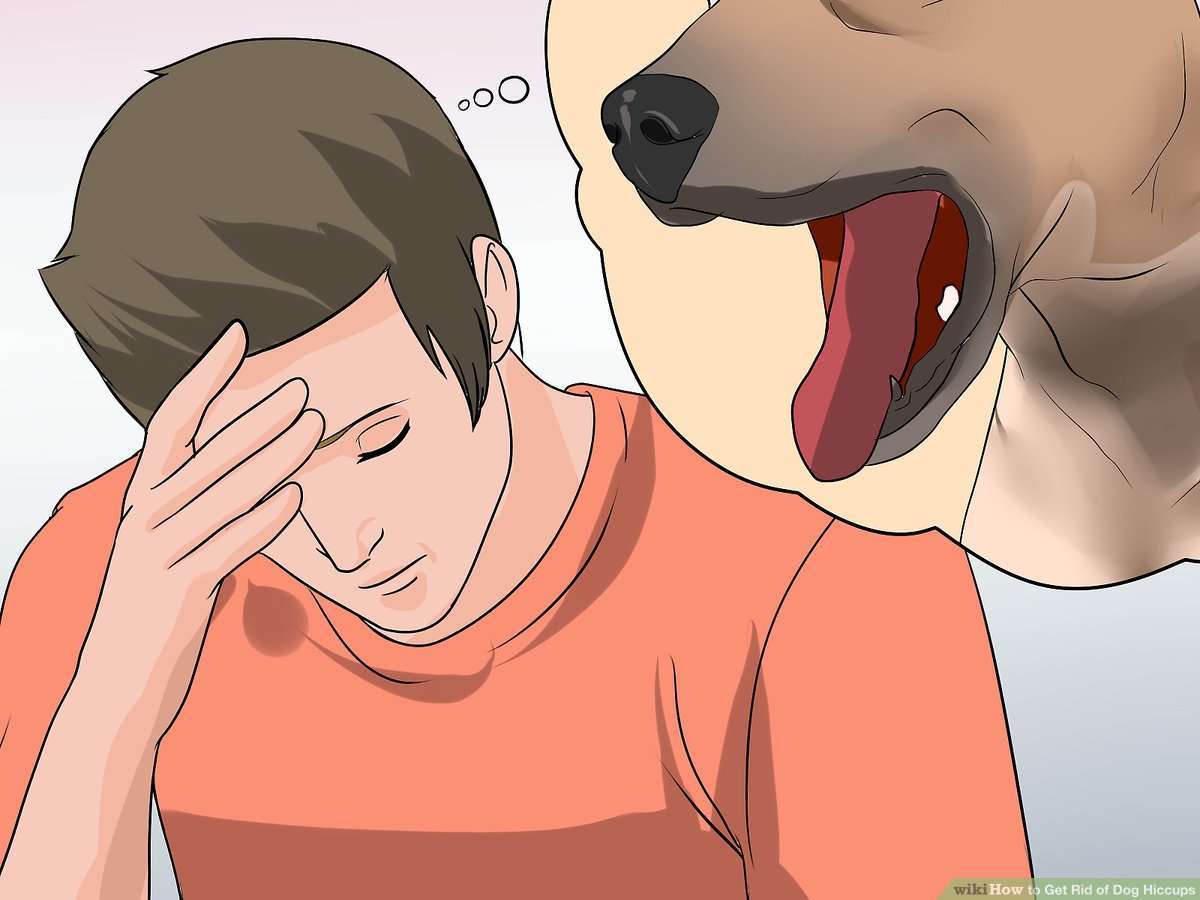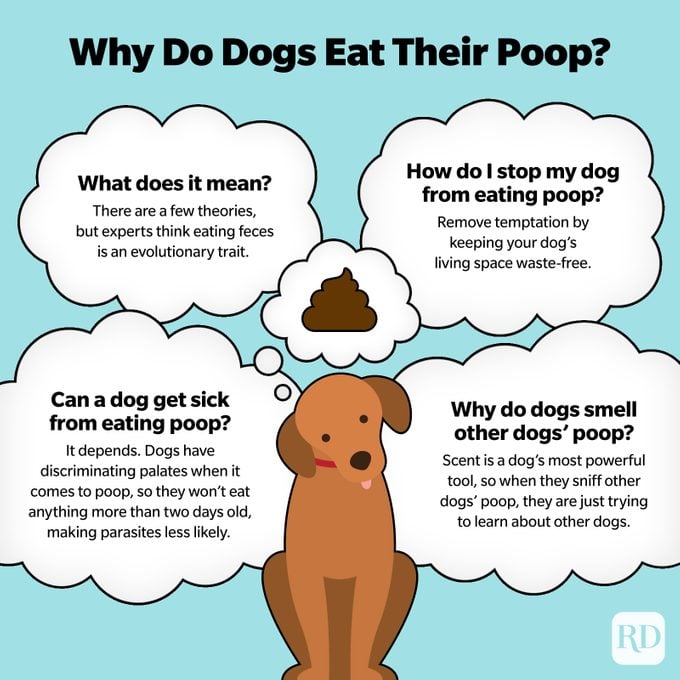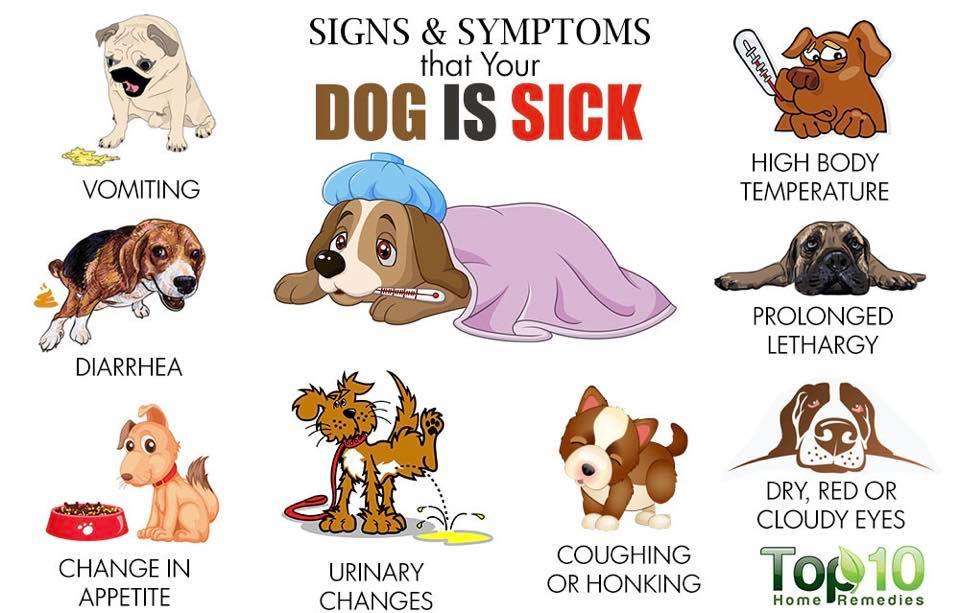Key Takeaways:
- Hiccups in dogs are typically harmless and temporary, lasting only a few minutes to hours.
- Common causes of hiccups in dogs include eating or drinking too quickly, excitement, stress, or irritation of the diaphragm.
- In most cases, hiccups will resolve on their own without any intervention. However, gently calming your dog or distracting them may help alleviate hiccups faster.
- If your dog experiences frequent or prolonged hiccups, it may indicate an underlying health issue that requires veterinary attention.
- Avoid giving your dog human remedies for hiccups as they can be harmful. Instead, consult with a veterinarian for appropriate advice and treatment options.
Are you a dog lover? If so, then you're in for a treat! Today, we're going to explore the fascinating world of hiccups in dogs. You might be wondering why understanding this topic is essential. Well, let me tell you – by gaining insight into why our furry friends experience hiccups, we can provide them with the care and attention they deserve. Did you know that hiccups in dogs are more common than you think? In fact, studies show that approximately 3 out of every 10 dogs experience hiccups at some point in their lives. So, whether you're a seasoned dog owner or simply curious about our canine companions, join us as we uncover the mysteries behind those adorable little hiccups. Get ready to dive into this captivating subject and become an expert on all things dog-related! Let's embark on this journey together and unlock the secrets of hiccups in dogs.
What are Hiccups in Dogs and Why Do They Happen?
Hiccups: An Unusual Phenomenon
Hiccups in dogs are involuntary contractions of the diaphragm, which is a muscle responsible for breathing. These contractions cause sudden, brief spasms that result in the characteristic "hic" sound. Just like humans, dogs can experience hiccups from time to time. While hiccups may seem strange or even amusing, they are generally harmless and resolve on their own.
The Science Behind Dog Hiccups
When dogs eat or drink too quickly, swallow air while excited, or experience stress or excitement, it can lead to irritation of the diaphragm. This irritation triggers the reflexive contractions that cause hiccups. Additionally, puppies may be more prone to hiccups as their bodies are still developing and adjusting to various stimuli.
Why Do Dogs Get Hiccups?
- Eating or drinking too quickly
- Swallowing air during excitement or play
- Stress or anxiety
- Certain medical conditions (rarely)
In most cases, dog hiccups are nothing to worry about and will resolve on their own within a few minutes to hours. However, if your dog experiences persistent hiccups accompanied by other concerning symptoms such as difficulty breathing or coughing, it's best to consult with a veterinarian.
How Long Do Hiccups Usually Last in Dogs, and Are They Harmful?
The Duration of Dog Hiccups
The duration of dog hiccups can vary from a few seconds to several minutes or even hours. Generally, hiccups in dogs last for a short period of time and resolve on their own without any intervention. However, if your dog's hiccups persist for an extended period or occur frequently, it may be worth investigating further.
Are Dog Hiccups Harmful?
In most cases, hiccups in dogs are harmless and do not cause any significant health issues. They are a normal physiological response that occurs occasionally. However, if your dog experiences persistent hiccups accompanied by other concerning symptoms such as vomiting, lethargy, or loss of appetite, it's essential to consult with a veterinarian to rule out any underlying medical conditions.
Can Certain Foods or Activities Trigger Hiccups in Dogs?
Potential Triggers for Dog Hiccups
While the exact triggers for dog hiccups may vary from one individual to another, there are some common factors that can potentially induce hiccups in dogs.
Foods and Drinks That May Trigger Hiccups
- Eating or drinking too quickly: When dogs gulp down their food or water rapidly, they may swallow air along with it, leading to hiccups.
- Rich or fatty foods: Consuming high-fat or rich foods can sometimes irritate the diaphragm and trigger hiccups.
Activities That Can Lead to Hiccups
- Excitement and play: Dogs that become overly excited during playtime may experience rapid breathing and swallowing of air, which can contribute to hiccups.
- Stress or anxiety: Dogs experiencing stress or anxiety may have increased respiratory rates that could lead to hiccup episodes.
While avoiding these triggers may help reduce the occurrence of hiccups in dogs, occasional hiccups are generally normal and not cause for concern. If your dog's hiccups persist or worsen, it's advisable to consult with a veterinarian for further evaluation.
Home Remedies and Techniques to Help Stop Hiccups in Dogs
Tips to Relieve Dog Hiccups at Home
If your dog has hiccups and you want to help alleviate their discomfort, there are a few simple techniques you can try at home.
Gently Massage Your Dog's Chest
Using gentle circular motions, massage your dog's chest area. This can help relax the diaphragm and potentially stop the hiccup spasms.
Offer Small Sips of Water
Providing your dog with small sips of water can help soothe the irritation and potentially interrupt the hiccup cycle. Ensure the water is at room temperature and offer it slowly using a shallow bowl or a syringe without a needle.
Distract Your Dog with Play or Exercise
Engaging your dog in light play or exercise can divert their attention from the hiccups and potentially regulate their breathing, helping resolve the hiccups more quickly.
Remember that while these home remedies may provide temporary relief for occasional hiccups, persistent or recurring hiccups should be evaluated by a veterinarian to rule out any underlying health concerns.
Do Puppies Get Hiccups More Often Than Adult Dogs, and Why?
Puppy Hiccups: Common Occurrence
Puppies tend to experience hiccups more frequently compared to adult dogs. This is primarily because their bodies are still developing, and their diaphragms may be more sensitive to various stimuli.
Why Puppies Get Hiccups More Often
Puppies have a lot of energy and enthusiasm, which can lead to rapid eating, drinking, or excitement during playtime. These behaviors increase the likelihood of swallowing air and irritating the diaphragm, resulting in hiccups.
Additionally, puppies are still learning how to control their bodily functions, including breathing patterns. As they grow and mature, their diaphragms strengthen and become less prone to spasms, reducing the frequency of hiccups.
When Should Dog Owners Be Concerned About Their Dog's Hiccups and Seek Veterinary Advice?
Knowing When to Seek Veterinary Advice
In most cases, dog hiccups are harmless and resolve on their own without any intervention. However, there are certain situations where it's important for dog owners to seek veterinary advice:
Persistent or Frequent Hiccups
If your dog experiences hiccups that last for an extended period or occur frequently throughout the day, it could indicate an underlying health issue that requires attention from a veterinarian.
Hiccup Episodes Accompanied by Other Symptoms
If your dog's hiccups are accompanied by symptoms such as difficulty breathing, coughing, vomiting, lethargy, or loss of appetite, it's crucial to consult with a veterinarian promptly. These additional symptoms may indicate an underlying medical condition that needs proper diagnosis and treatment.
As a responsible dog owner, it's essential to monitor your pet's overall well-being and seek professional guidance when necessary. Veterinarians can provide accurate assessments based on your dog's individual health history and provide appropriate treatment if needed.
In conclusion, hiccups in dogs are usually harmless and will go away on their own. If your dog experiences frequent or prolonged hiccups, it is best to consult a veterinarian for further advice and guidance.
Is it normal for dogs to get hiccups?
Dogs can experience hiccups, especially puppies, but adult dogs can also have hiccups occasionally. It is a normal occurrence and generally nothing to worry about.
Why does my dog have hiccups like spasms?
Dogs may experience hiccups due to factors such as eating too quickly, being excited, stressed, or engaging in excessive barking. If the hiccups persist for an extended period of time or begin to negatively impact the dog's daily activities, it is necessary to seek veterinary assistance.
What mimics hiccups in dogs?
There are various conditions that can resemble hiccups, such as small seizures, reverse sneezing, or reflux disease. Sharing a video of the hiccups can assist your veterinarian in gaining a clear understanding of the situation.
Is my dog hiccuping or retching?
If your dog experiences hiccups, you will hear the same "hic" sound as in humans. The sound may occur multiple times. However, if your dog also exhibits symptoms such as loss of appetite, vomiting, coughing, sneezing, or diarrhea, it indicates a different issue and not just hiccups.
What is hiccuping a symptom of?
Persistent hiccups can be a sign of various health conditions such as diaphragm pleurisy, pneumonia, uremia, alcoholism, stomach or esophagus disorders, and bowel diseases. Hiccups can also be linked to pancreatitis, pregnancy, bladder irritation, liver cancer, or hepatitis.
Can anxiety cause hiccups in dogs?
Anxiety can also be a potential cause for your puppy's hiccups. While not as common as other causes, some puppies may experience hiccups more frequently due to feelings of anxiety.
















